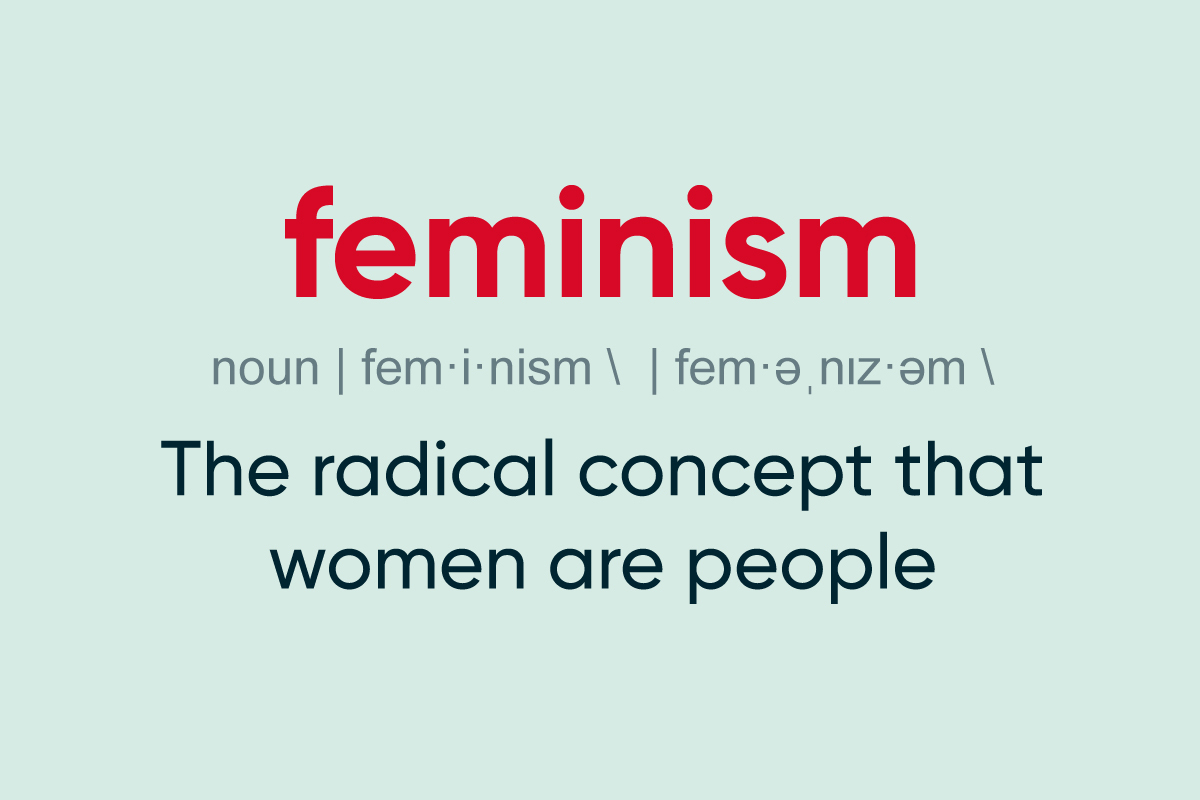Having recently celebrated its 30th anniversary, the Masters in Gender Studies is one of the longest running degrees on gender and development.
You’ll gain a solid understanding of debates in feminist thinking, and link them to gendered policy and programming. You develop in-depth knowledge and capacity for gendered analysis using an inter-sectional lens on specific issues such as:
Our groundbreaking work challenges ideas about gender. We work with nuanced, fluid perspectives on gender and sex, and the ways they interact. You’ll gain the skills required to participate effectively in gender- and development-related research, policy-making and programme implementation.
This degree is based at IDS, which has been at the cutting edge of debates on Gender and Development for the last 50 years. You’ll benefit from our international research faculty’s sector-specific expertise and our strong working relationships with partner organisations around the world.
Your course teachers are all active in the field, working on high-level policy-oriented programming and cutting edge academic research funded by UK and European Research councils, and philanthropic organisations from across the world.
The University of Sussex has been ranked first in the world for Development Studies for the ninth year in a row. This QS World Ranking reflects the strong reputation and quality of research and course offerings at IDS, and the School of Global Studies.
IDS delivers world-class research, learning and teaching that transforms the knowledge, action and leadership needed for more equitable and sustainable development globally. The School of Global Studies is world leading in the field of development studies and offers the opportunity to learn from critical and engaged academics who are making a difference to global communities through research, teaching and activism.
We welcome applicants with a broad range of academic and career trajectories. Successful applicants will have some practical experience in gender and development alongside an interest in critical academic enquiry.
The academic year starts in September and has three terms.
Core modules are taken by all students on the course. They give you a solid grounding in your chosen subject and prepare you to explore the topics that interest you most.
Alongside your core modules, you can choose options to broaden your horizons and tailor your course to your interests. This list gives you a flavour of our options, which are kept under review and may change, for example in response to student feedback or the latest research.
While it’s our aim for students to take their preferred combinations of options, this can’t be guaranteed and will be subject to timetabling. Options may be grouped and if so, students will be able to choose a set number of options from the selection available in any particular group.
In the summer term you will research and write a 10,000 word dissertation under the supervision of a faculty member.
The links below will take you to the University of Sussex’s website to find out more about each module.
Research Design (core)

We’ll make all reasonable efforts to provide you with the courses, services and facilities described in this prospectus. However, we may need to make changes due to significant disruption, for example in response to Covid-19.